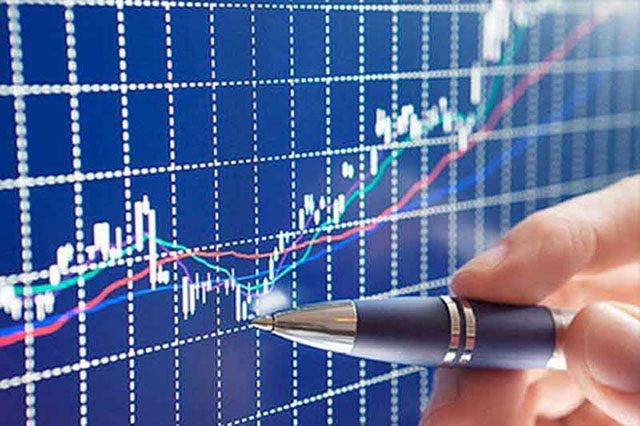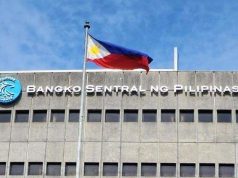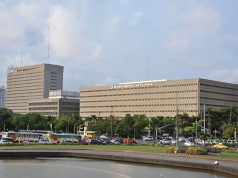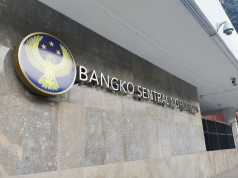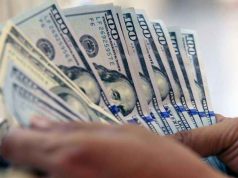MANILA — The Philippine central bank raised its benchmark interest rate by 25 basis points (bps) on Thursday, its fifth hike this year, saying further policy tightening was needed to curb inflationary pressures.
The Monetary Board raised the rate on its overnight reverse repurchase facility by 25 bps to 4.75 percent, following four successive hikes since May, including back-to-back 50 bps increases in September and August.
The rates on the overnight lending and deposit facilities were also raised by 25 bps.
Seven of 13 analysts in a Reuters poll had correctly predicted Thursday’s policy decision. The other six had expected the central bank to stand pat as higher borrowing costs were starting to dampen economic growth.
“The Monetary Board deemed it necessary to respond with proactive policy action to help temper the risks to the inflation outlook,” the central bank said in a statement, adding that those risks included uncertainty about China-U.S. trade tensions and tighter global financial conditions.

“Nevertheless, the Monetary Board continues to emphasize the need for follow-through non-monetary measures to mitigate the impact of supply-side factors on inflation,” it added.
The peso firmed against the dollar on Thursday, but has lost more than 6 percent of its value this year.
The central bank forecast inflation would return to its 2-4 percent target range next year. It raised its average inflation forecast for 2018 to 5.3 percent from 5.2 percent, but trimmed its forecast for 2019 to 3.5 percent from 4.3 percent.
Average inflation is seen at 3.3 percent in 2020.
Annual headline inflation steadied for the first time this year in October, but last month’s 6.7 percent rate was still the fastest since 2009.
Some analysts do not expect the central bank to end its rate hiking cycle soon given the need to head off so-called second-round inflation effects, as surging prices have already translated into higher wages and transport fares. — Reporting by Karen Lema and Enrico dela Cruz; Editing by Martin Petty and Kim Coghill

